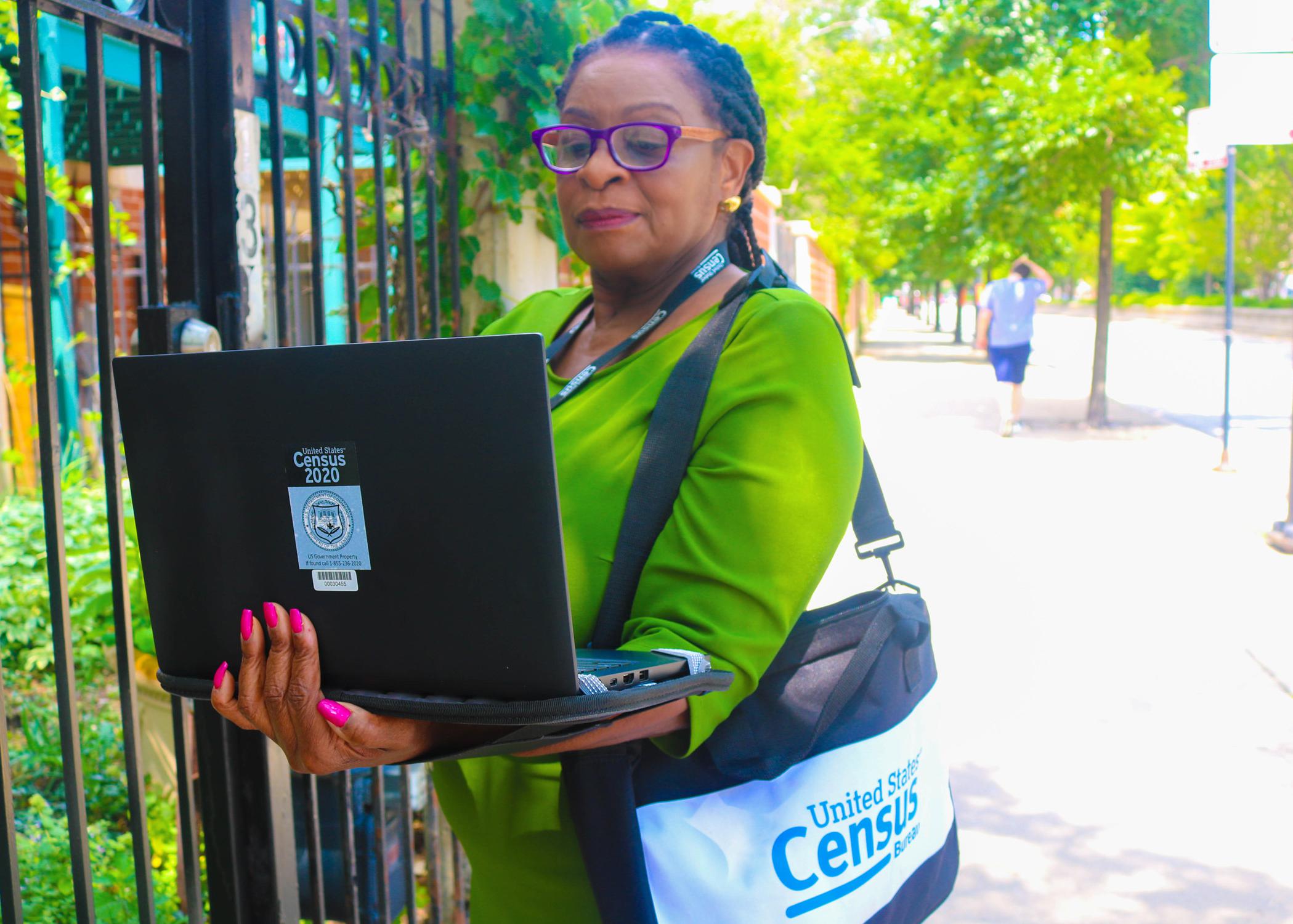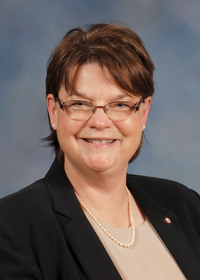Information Possibly Outdated
The information presented on this page was originally released on February 19, 2020. It may not be outdated, but please search our site for more current information. If you plan to quote or reference this information in a publication, please check with the Extension specialist or author before proceeding.
Census data determines state, federal allocations
STARKVILLE, Miss. -- Once every decade, Mississippians have the chance to make a difference at the local, state and national levels.
Participating in the U.S. Census has a large impact on daily life. Being underrepresented as a state leads to reduced representation in Congress and less federal funding for education, infrastructure, emergency response and wellness programs. In short, there are long-term negative effects of not participating in the census.
Mississippi relies heavily on federal aid, with 40% of its total revenues coming from federal sources. The state receives more than $2 for every $1 its residents pay in federal taxes. Steve Turner, director of the Southern Rural Development Center at Mississippi State University, said this flow of funds is due to low state tax rates and a large low-income population.
“Because much of Mississippi is rural, we are undercounted,” Turner said. “Although much of the state is OK, large portions of the Delta and pockets of other regions are hard to count. These areas stand to lose federal dollars. Ironically, many of these areas are the most reliant on those funds.”
The more undercounted Mississippi is, the less funding the state receives. Funding reductions affect Medicaid, schools, school lunches, child care, Head Start, the Children’s Health Insurance Program (CHIP) and the Supplemental Nutrition Assistance Program (SNAP).
“The George Washington Institute of Public Policy estimates that for every child not counted, approximately $2,700 in federal dollars is lost to a state each year,” Turner said.
April 1, 2020, is Census Day for Mississippi, but households will begin receiving postcards in March notifying them about how to fill out their census forms. This nationwide effort to count every individual in the U.S. and to record where they reside determines population counts in all geographic areas for the next decade. Since the census occurs only once every 10 years, these numbers will influence allocations throughout the 2020s. Individual census information is kept confidential.
Mississippi received more than $10 billion in fiscal year 2016, including $13 million for the MSU Extension Service. These revenue streams are directly influenced by data collected from the census.
“The census form is a nine-question survey asking about age, gender, race, ethnicity, housing tenure and relationship to householder. Residents can respond online or by telephone or mail,” Turner said.
No one from the census will call or email. A real census worker will not request Social Security numbers, mother’s maiden names, or banking or credit card information.
This is the first census in which most respondents are encouraged to use the online option, which is available at http://www.census.gov.
The key uses of census data are determining federal program eligibility, allocating government funding, defining rural-urban status, and calculating political apportionment and districting. Political apportionment determines the number of representatives each state has in the U.S. Congress. It is used to determine service needs at local, state and federal levels.
Becky Smith, an economist with the MSU Extension Center for Economic Education and Financial Literacy, said the census also serves as the basis for statistics used in research and planning decisions. These include marketing data on locations for new stores, federal statistics for social and economic research, and funding priorities for schools, roads, bridges and health clinics.
“Representation in Congress is very important. In 2003, Mississippi lost a representative based on population counts from the 2000 Census,” Smith said. “In 2010, 76% of the state’s households mailed back their census forms. Missing nearly a quarter of our population is a significant misrepresentation.”
The census also provides temporary employment opportunities. To learn about these and to participate, visit https://www.census.gov/jobs.











